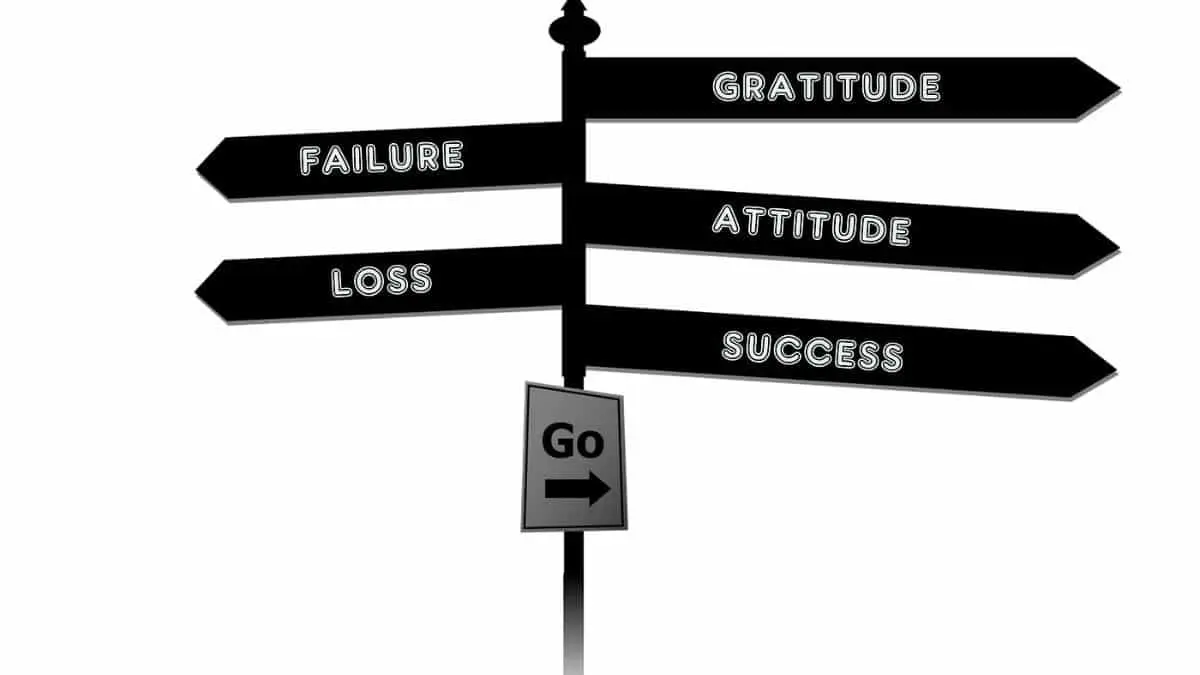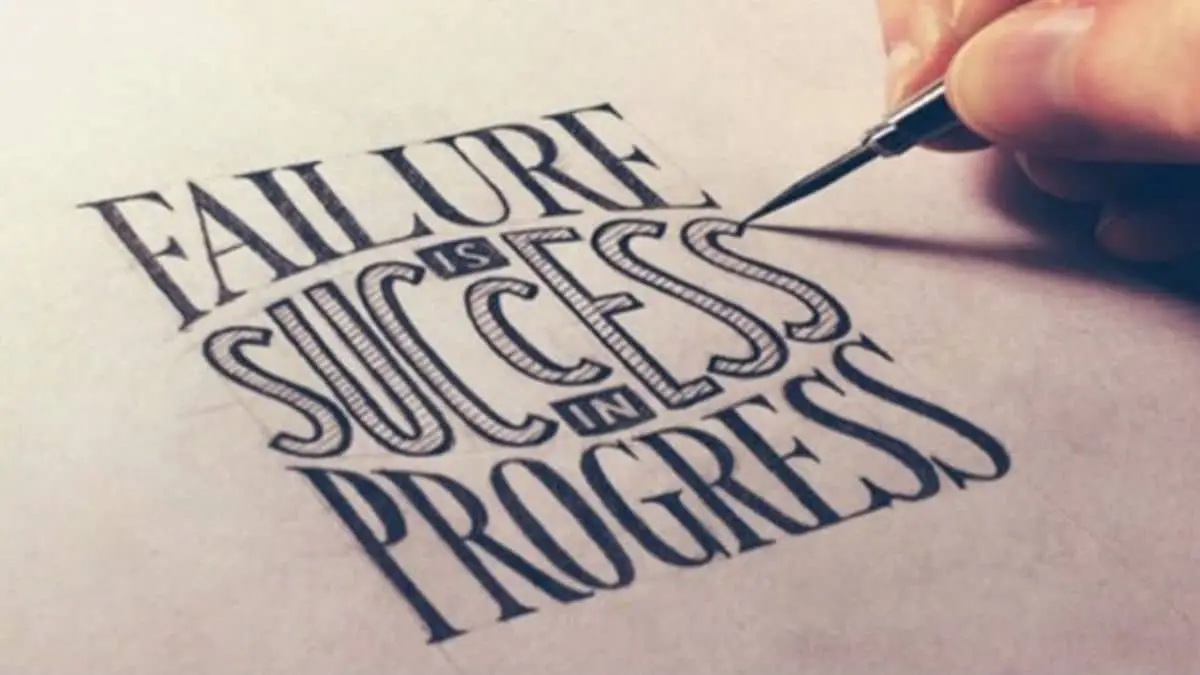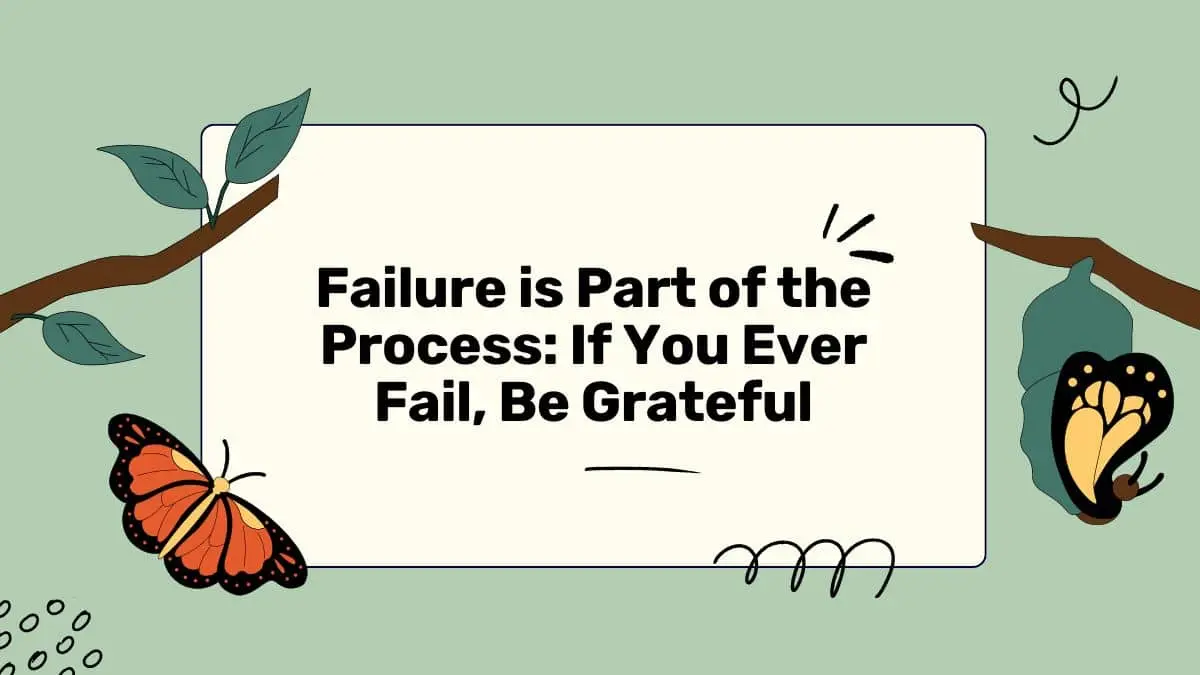Failure is often perceived as a negative experience, something to be avoided at all costs. However, this perspective overlooks the profound role that failure plays in personal and professional growth. The truth is, Failure is Part of the Process, it is an essential part of the journey toward success. In this blog, we’ll explore the deeper meaning of failure, why it should be embraced, and how it can be a powerful teacher when approached with the right mindset.
Understanding Failure as a Learning Tool
Failure is not the opposite of success; it’s a crucial component of it. Every time we fail, we are presented with an opportunity to learn something new about ourselves, our methods, and the world around us. Thomas Edison, the inventor of the lightbulb, famously said, “I have not failed. I’ve just found 10,000 ways that won’t work.” Edison’s perspective highlights that each failure brought him closer to the solution. Instead of fearing failure, we should view it as a stepping stone to greater understanding and eventual success.
The Role of Failure in Building Resilience
Resilience is the ability to bounce back from setbacks, and it is a quality that is often developed through repeated encounters with failure. When you fail and choose to keep going, you build the mental and emotional strength needed to face future challenges. Consider the story of J.K. Rowling, the author of the Harry Potter series. Before achieving global success, Rowling faced numerous rejections from publishers. These failures didn’t deter her; instead, they fueled her determination to succeed. Her story is a powerful reminder that resilience, born out of failure, is often the key to long-term success.

Failure as a Catalyst for Innovation
Innovation rarely occurs in the absence of failure. Many of the world’s greatest innovations have been the result of countless failed attempts. For example, the development of penicillin, one of the most significant medical breakthroughs in history, was discovered by accident when Alexander Fleming’s experiment didn’t go as planned. His “failure” to keep a sterile environment led to the growth of mold that killed bacteria, ultimately saving millions of lives. This example shows that failure can lead to unexpected discoveries and innovations that change the world.
Embracing Failure to Foster Growth Mindset
A growth mindset, as described by psychologist Carol Dweck, is the belief that abilities and intelligence can be developed through dedication and hard work. This mindset thrives on challenges and views failure not as a dead end but as a valuable feedback mechanism. When we adopt a growth mindset, we see failures as opportunities to improve and grow. In contrast, a fixed mindset leads us to avoid challenges for fear of failure, ultimately limiting our potential. By embracing failure, we cultivate a growth mindset that allows us to continually evolve and improve.
Gratitude for Failure: A Shift in Perspective
Gratitude is not a common response to failure, but it can be transformative. When we express gratitude for our failures, we acknowledge their role in shaping who we are and where we are going. Being grateful for failure doesn’t mean we enjoy it or seek it out; it means we recognize its value in our journey. The failures we experience can teach us humility, resilience, and patience—qualities that are essential for success in any endeavor.
Practical Steps to Embrace Failure
- Reflect on Failures: After experiencing a failure, take time to reflect on what went wrong and what can be learned. This reflection will help you identify areas for improvement and avoid similar mistakes in the future.
- Reframe Your Perspective: Instead of seeing failure as a defeat, reframe it as a valuable lesson. Ask yourself, “What is this failure teaching me?” This mindset shift will help you approach future challenges with a more positive outlook.
- Take Calculated Risks: Don’t let the fear of failure prevent you from taking risks. Every great achievement involves risk, and with risk comes the possibility of failure. Embrace it as part of the process.
- Celebrate Small Wins: After a failure, it’s important to celebrate even the smallest successes. This practice helps to maintain motivation and reminds you that progress is being made.
- Seek Feedback: Constructive feedback from others can provide insights that you might not have considered. Use this feedback to refine your approach and move forward more effectively.

Conclusion: Failure as a Necessary Ingredient for Success
In the end, failure is not something to be feared or avoided. Failure is Part of the Process that leads to growth, innovation, and success. By embracing failure, learning from it, and expressing gratitude for the lessons it provides, we set ourselves on a path toward achieving our goals. So the next time you experience failure, be grateful, for it is guiding you toward a better version of yourself.
Also Read: Every human being has the freedom to change at any instant




